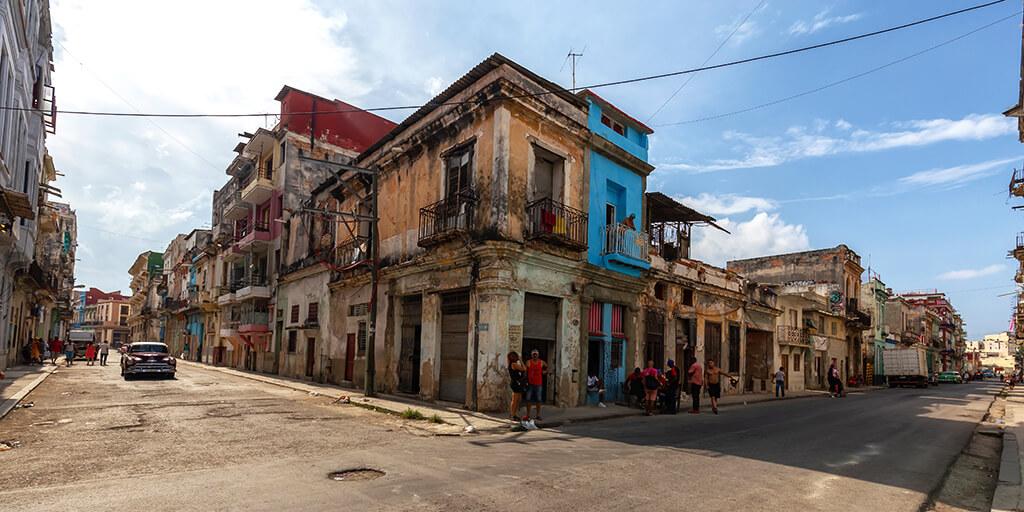
Cuba’s Poor Are Getting Poorer
Cuba, like North Korea, is one of a few nations with a centrally planned economy, rationing out to their people items of basic sustenance. After the Cuban Revolution that ended in 1959, the ration book became a cornerstone of Fidel Castro’s government. It gave Cubans access to government-subsidized bread, milk, meat, fish, and cleaning supplies. In recent years, however, items have been removed from the ration book and prices have risen—creating a real crisis in a nation where the average citizen makes only $15 per month.
Due to a reported lack of availability of flour, the government recently reduced the bread ration by 25 percent (Reuters, September 17, 2024). As a Havana resident remarked, “We have to accept it, what else can we do?” Cuba blames the shortages of food, medicine, and fuel on U.S. embargos. The worsening situation has caused many Cubans to flee the country for the nearby United States. In 2022 and 2023, nearly half a million Cubans entered the U.S. (The Week, October 23, 2023)—an astonishing exodus from a nation with a total population of just under 11 million (Database.Earth, September 17, 2024).
While Cubans, North Koreans, East Africans, and many others around the globe suffer with less and less, the world’s wealthy enjoy luxury and plenty. By many measures, the gap between the haves and the have-nots is growing. Yet, there is a prophesied time coming, after Jesus Christ returns and sets up His Kingdom, when everyone will be able to have his own vine and his own fig tree (Zechariah 3:10)—that is, his own home and productive land—and there will be such abundance that “the plowman shall overtake the reaper” (Amos 9:13). This is pictured by the biblical Feast of Tabernacles, held annually in September/October. You can learn more about this coming time of true abundance by watching “What Is the Feast of Tabernacles?”



